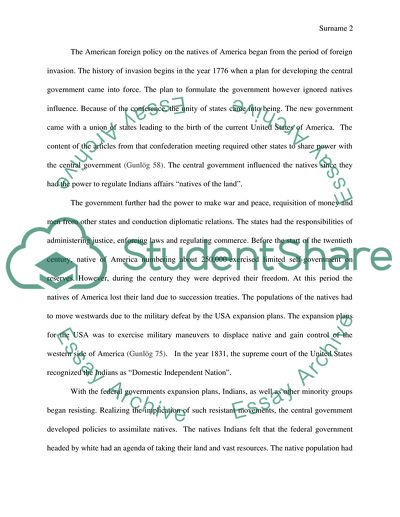Cite this document
(“The Effects of American Imperialism on Native Americans Essay”, n.d.)
The Effects of American Imperialism on Native Americans Essay. Retrieved from https://studentshare.org/social-science/1662953-the-effects-of-american-imperialism-on-native-americans
The Effects of American Imperialism on Native Americans Essay. Retrieved from https://studentshare.org/social-science/1662953-the-effects-of-american-imperialism-on-native-americans
(The Effects of American Imperialism on Native Americans Essay)
The Effects of American Imperialism on Native Americans Essay. https://studentshare.org/social-science/1662953-the-effects-of-american-imperialism-on-native-americans.
The Effects of American Imperialism on Native Americans Essay. https://studentshare.org/social-science/1662953-the-effects-of-american-imperialism-on-native-americans.
“The Effects of American Imperialism on Native Americans Essay”, n.d. https://studentshare.org/social-science/1662953-the-effects-of-american-imperialism-on-native-americans.


